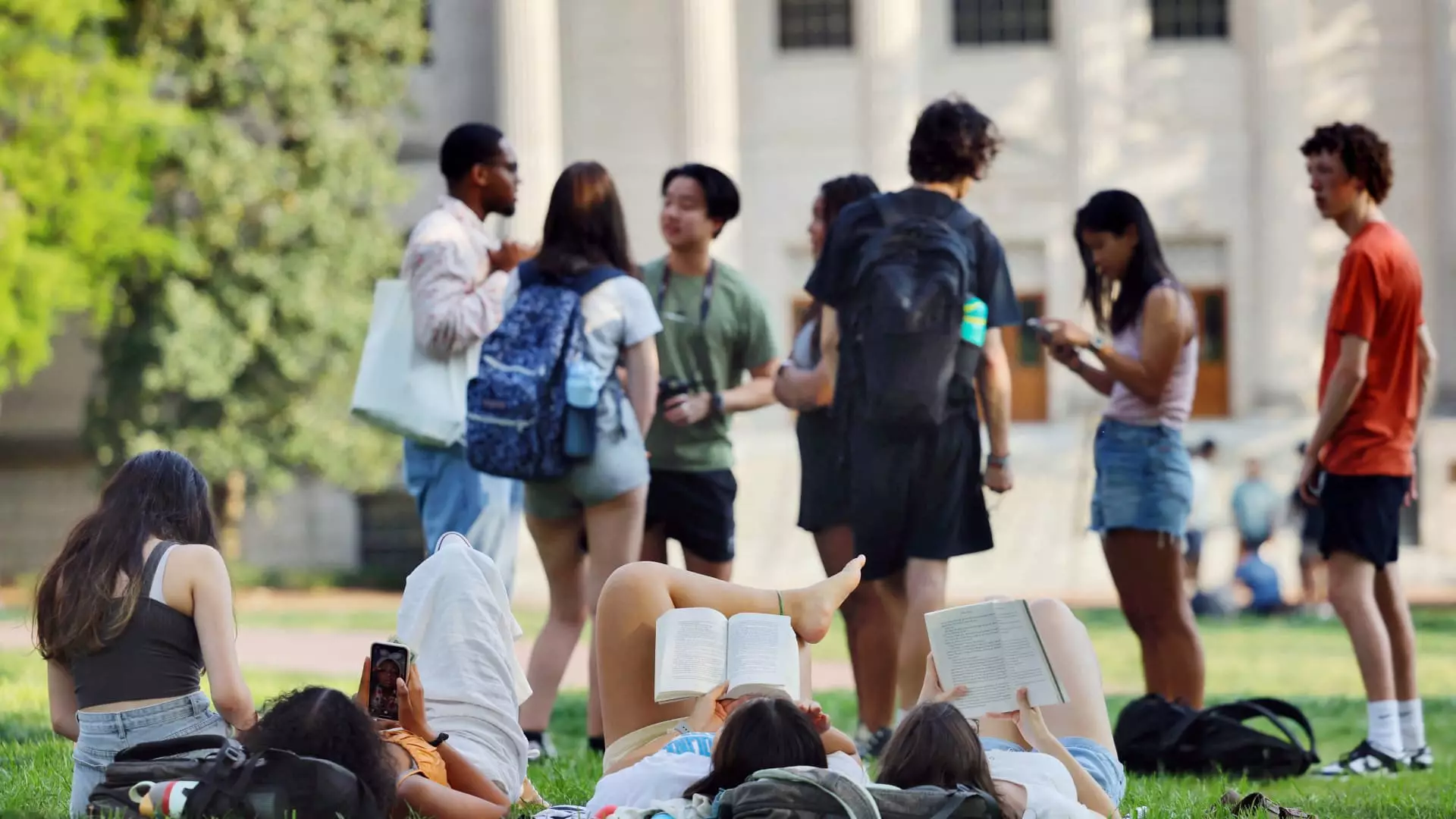For years, the portrayal of the United States as a global hub for international students has seemed optimistic, yet behind the scenes, the narrative has been far more complex and troubling than official statistics suggest. Recent revelations about data inaccuracies cast a harsh light on the government’s oversight and honesty concerning international student enrollment. The U.S. Department of Homeland Security’s mishandling—initially underreporting student figures by over 200,000—exposes a systemic flaw that undermines trust and obscures true trends. It appears that official figures have long been manipulated, whether intentionally or due to bureaucratic negligence, distorting the global perception of America’s educational appeal. This pattern of misreporting not only misleads policymakers but also ideological allies and detractors alike, skewing the narrative to suit political agendas rather than reflecting reality.
The Distorted Numbers Mask Growing Challenges
The correction from DHS, revealing a 6.5% increase in international student numbers, ostensibly signals a thriving American education system. However, this seemingly positive figure overlooks the darker complications threading through the landscape. For instance, the ongoing political battles—exemplified by Harvard’s visa crisis—highlight the fragility of this supposed growth. The Trump administration’s attempt to block foreign students further exposes a tendency to demonize or constrict international enrollment as part of a broader nationalist rhetoric. Yet, despite these attempts at suppression, the data correction suggests resilience among international students and institutions, though this resilience might be more fragile than it appears. The reality is that U.S. higher education faces mounting geopolitical and domestic hurdles that threaten to undermine its global reputation, regardless of statistics that have been periodically manipulated or misreported.
What the Numbers Fail to Convey
Focusing solely on enrollment numbers paints an incomplete and overly optimistic picture. The disproportionate representation of international students at elite institutions like Harvard—where they comprise more than a quarter of the student body—raises questions about equity and access. Are these institutions truly diverse, or are they increasingly becoming enclaves for international elites? And what does this concentration mean for American students who face rising costs and uncertain futures? The inflated data lends a false sense of stability, distracting from challenges such as declining domestic enrollment, rising tuition, and political hostility that threaten to make the U.S. less attractive to international talent. If policymakers continue to rely on flawed data that oversimplifies or overlooks these problems, they risk making misguided decisions that could further jeopardize the future of U.S. higher education’s global standing.
The Political Dimension and Its Impact on Global Perception
The ongoing saga surrounding visa restrictions and legal battles reveals a troubling shift in how the U.S. approaches international education. Instead of fostering an environment of openness and innovation, policies seem increasingly rooted in suspicion and restriction. The attempt to block Harvard’s visas, for example, isn’t merely administrative; it’s emblematic of a broader ideological clash that undervalues the importance of global collaboration. This politically motivated stance threatens to alienate the very students who could drive American innovation, diversity, and cultural exchange. As the government continues to distort data or refuse to acknowledge systemic issues, the international community’s confidence wanes. The U.S. risks becoming a less appealing destination—not because of a lack of quality education, but because of an unwelcoming atmosphere fostered by misinformation and political marginalization. In this battle for the soul of American higher education, truth and transparency should be the guiding principles, yet they seem to be increasingly abandoned in favor of short-sighted political gains.

